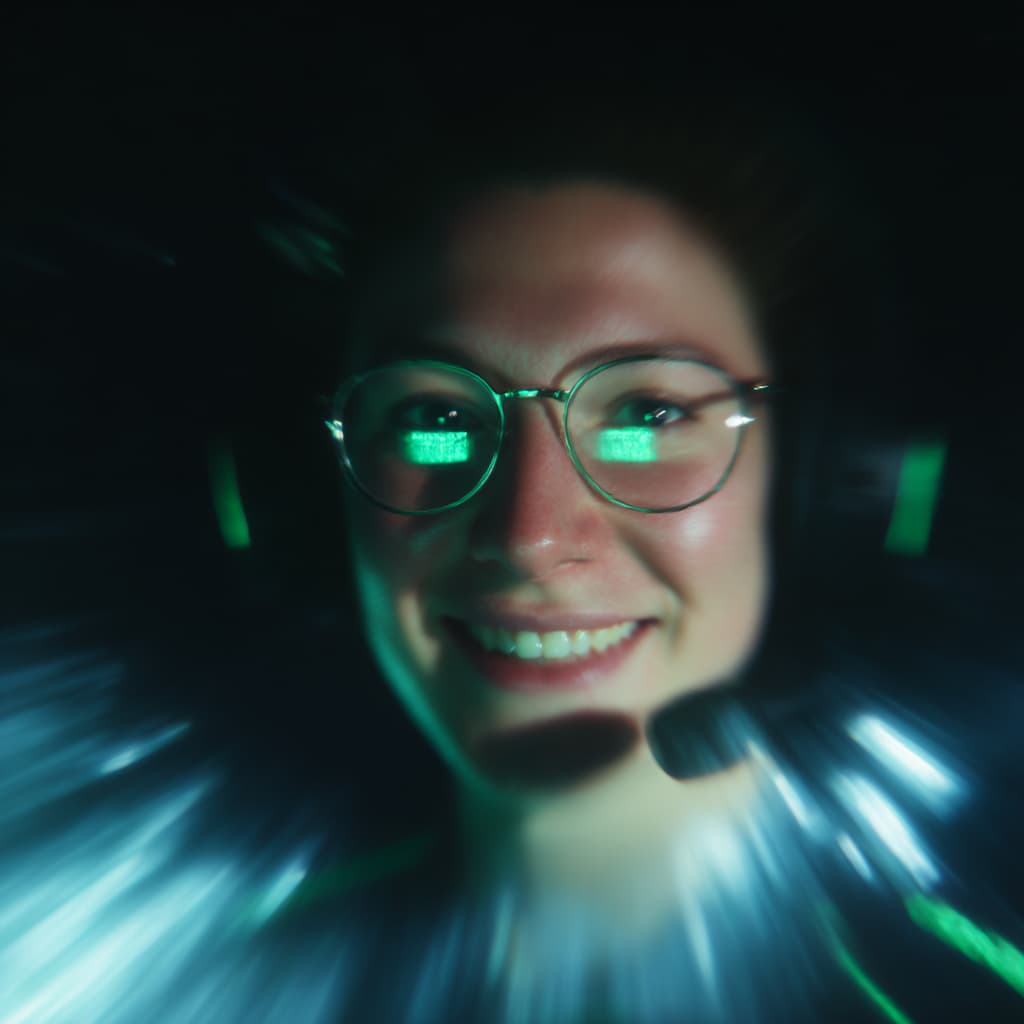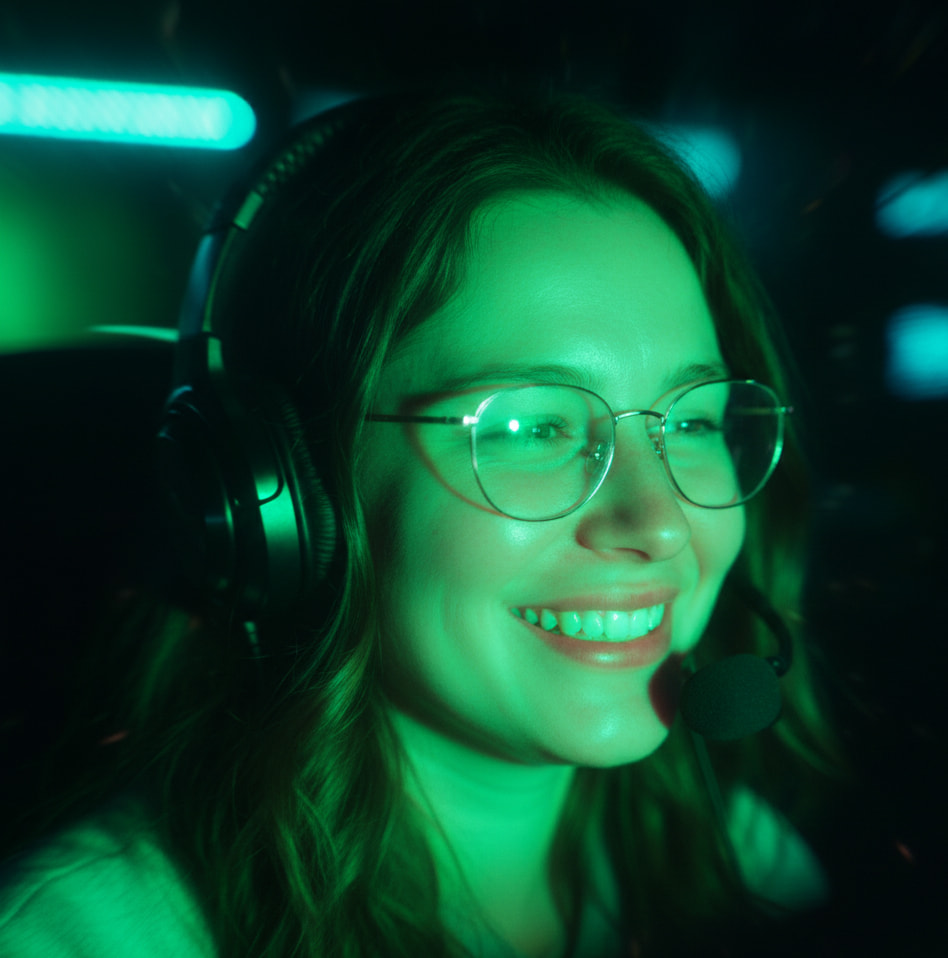
What Does Streaming on the Spectrum Looks Like?
You have probably heard many times that gaming is for everyone. In the gaming (and streaming) community, you can find people of all ages and personalities. At inStreamly, we care deeply about helping the whole community, and our work is not just about earning more money. We want to make the online world a better place. So today, we want to tell you a little more about streaming on the spectrum.
So today, you have the opportunity to meet our community member – L3g3ndaryPhoenix. He is a passionate gamer, enjoys playing Minecraft, and loves streaming. And he is not just a gamer, he is also a person with autism spectrum disorder, learning disability and ADHD.
Autism is a disorder that is diagnosed in around 1% of the global population. The most common symptoms are sensory issues, restrictive behaviours, or trouble with socialising. Learning disabilities affect the development of new skills, understanding complicated information and sometimes interacting with others.
So what does streaming on the spectrum look like?
inStreamly(inS): Why did you decide to start streaming?
L3g3ndaryPhoenix (LP): I always wanted to be a streamer to be honest. I love that you are able to interact with your audience. Chatting with viewers helps me a lot with my autism. I sometimes struggle with meeting new people and socialising, so streaming allows me to get out of my comfort zone and I can communicate freely with people. I don’t have many friends in real life, so due to games and streams I can meet others.
inS: What do your parents think about it? Are they supportive?
LP: Yes, very much. My mum often hears me when I’m streaming, she hears me communicating and she is really supportive.
inS: Which games do you like to stream the most?
LP: I mostly stream Minecraft, but I also like to stream other games. Mostly I play simulators and games that include resource management. However, I also do like Halo. I don’t stream it right now, but maybe I’ll start doing it when the new one comes out.
inS: How does functioning online help you deal with offline situations?
LP: It helps me socialise better. I can make friends easier because I play co-op games, so if I play with other players more I become friends with them.
inS: Can you tell us what are the most challenging issues or misconceptions you have to face when streaming as a person with autism spectrum disorder?
LP: Communication is the biggest challenge. On top of everything I also have a learning disability that affects me the most in this case. With games like Minecraft, and really all games that allow mods, I have problems with understanding what’s going on and how they work. It’s really challenging for me to figure out how to do things. I really like variety, but I had this situation before when I purchased games but I couldn’t play them. I simply didn’t understand how they work. But you know, it all depends on tutorials. If games have an advanced tutorial system that shows how to play it, then I can learn. With my learning disability I learn by doing, not reading, so that’s what helps me the most. I know that if I keep doing something I will finally learn.
inS: Do you know other neuroatypical streamers? Is there a community?
LP: No, I don’t have my own community, but I thought about making one for a while now. I would like to make a safe space for people like me, and for anyone who would be interested in joining. That would be really great, as people with spectrum disorder and learning disabilities would get more support and help from others who understand the difficulties. It would surely be easier for us to communicate and help each other. I can tell you an example from my own experience at Minecraft: I was told by other people without disabilities, that on streams I should just talk about what I’m doing at the moment. So I was farming and I started going like “I’m farming, I’m farming, I’m farming”. [laughing] That’s not helpful! Others were not interested in it and they didn’t learn anything from it. My loyal viewers supported me even then, but others were just leaving.
inS: So I guess you already have plans for the future! It’s wonderful that you want to do this, as I’m sure it would help many people. In your opinion, what efforts should the gaming industry make to become more friendly to people on the spectrum?
LP: Oh, you know, if you want to make games more friendly to people like me, you should put more effort into the system “learn as you go”. The best way to do it is by recording tutorials and highlighting the most important things in the game. I don’t really read that well so apart from lists you can show more images of how to craft, etc. Actually, more and more games do that right now, but the ones that don’t are mostly unplayable for people like me.
inS: Maybe you want to tell us about your favourite streaming moments?
LP: My favorite moment was when one person raided me with like 50 viewers, and I was actually able to communicate with them! They were also eager to chat with me. That is surely my favourite streaming moment so far. However, it also has another side. Most of them didn’t come back. I think it’s because I still don’t communicate with them enough but I’m constantly improving and I try my best to interact with viewers every time I see a message. Still, it’s a very big challenge for me.
inS: How did you learn about inStreamly?
LP: That’s actually interesting! I recently searched on Google how I can promote my stream and the post, you folks made, came up on Google Search. I instantly became interested, so I joined your Discord. Everyone was so friendly, I was digging it.
inS: And what about inStreamly community? Do you feel like you belong to it?
LP: Miłosz (inStreamly Senior Community Manager, ed. note) reached out to me when I joined and welcomed me. He was really nice and I liked what he said. He took interest in what I do and he made me feel like I belong.
inS: Is there any advice you want to give to other neuroatypical streamers?
LP: One thing I learned is that regular streaming can help you, but the most important thing that lets you grow is answering questions. So every time someone asks you a question on chat, always try to answer it as fast as possible. It makes viewers feel welcomed and involved. Also – if they say something you don’t understand, just tell them that! Let them know what difficulties you have, they will explain it to you, and as a result, it will help you understand other people better in the future.
inS: Thank you that you found the time to do this interview! All inStreamly wishes you success and we keep our fingers crossed!
As you can see, streaming on a spectrum is possible. People with various disabilities often think they won’t succeed in activities requiring social interactions, but it’s not true. You can always find people in your community that are struggling with the same problems. Remember that you can always reach out for help or advice. We are sure that L3g3ndaryPhoenix and others like him will be happy to assist you. And maybe you can help him with creating his own community?
So be sure to check out L3g3ndaryPhoenix’s Twitch and YouTube channels!







